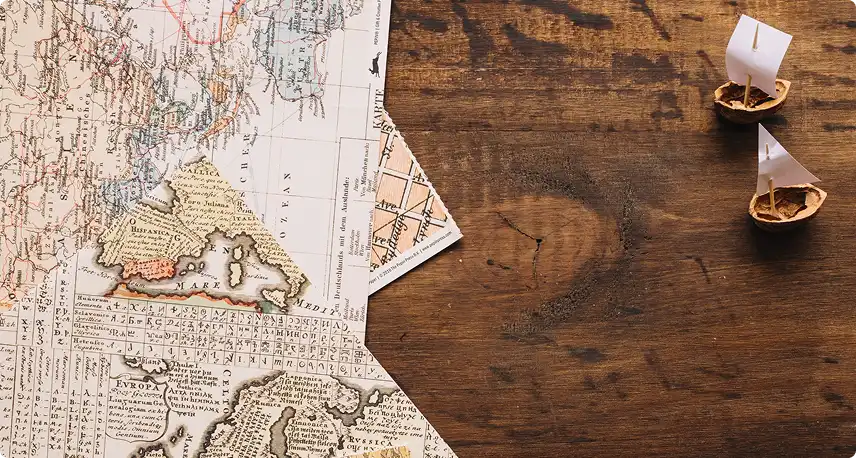Global Studies 9
Instructor Information
- Room: 406
- Email: [Email Address]
- Meeting Hours: Monday–Thursday, 3:00–3:30 PM
Course Overview
This course covers world history from Prehistory through the Age of Exploration. Students will study key cultural, political, social, and economic developments.
Topics include early civilizations, classical societies, global interactions, revolutions, industrialization, and modern global issues. A final exam will be given in June. Content supports preparation for the NYS Global History Regents Exam taken in Global Studies 10.

Learning Objectives
Students will:
- Analyze primary and secondary sources
- Identify central ideas and summarize key details
- Write historical arguments
- Produce clear, organized writing
- Revise and edit written work
Instructional Methods

Group work

Class discussions

Lectures

Research projects

Presentations
Course Units
- Development of Civilization (10,000 B.C.E – 600 B.C.E)
- Classical Societies (600 B.C.E – 600 C.E.)
- Expanding Connections (600 – 1450)
- Global Interactions (1400 – 1750)
- Revolutions and Industrialization (1750 – 1914)
- 20th Century Conflicts and Achievements (1914 – Present)
- Contemporary Global Issues
- Regents Exam Review
Materials
- 2-inch binder
- Loose-leaf paper
- Folder
- Pencils and pens (blue or black ink)
- Index cards or small notebook
Rules

Be on time and prepared.

Raise your hand before speaking or moving.

Be respectful and focused.

Listen while others speak.

No phones or music devices.
Procedures
- Enter quietly, take notes, and begin the Do Now
- Submit homework in the designated inbox
- Submit late passes quietly and take your seat
- Retrieve notes from classmates if absent
- Keep notebooks organized for checks

Grading
Grade
Percentage
Exams and quizzes
35%
Homework
30%
Classwork
20%
Participation and attendance
15%
Grades are updated every six weeks. Progress reports are provided regularly. Grades follow a point system. Students can view grades online.
Participation
Earn up to five points per day for:
- Attendance
- Preparedness
- Class engagement
- Respectful behavior
Academic Policy
Copying from others or online sources results in a zero. Both students involved will receive no credit. No name on work = no credit.
Late Work
Delay Days
Percentage
1 day late
-10%
2 days late
-25%
3 days late
-50%
4+ days late
0%
Absences
Students must collect missed work.
- Excused absences: two days to make up work per day missed
- Unexcused absences: makeup only with approval
Contact
Visit during meeting hours or send an email with any questions.